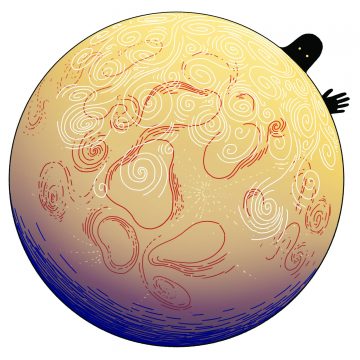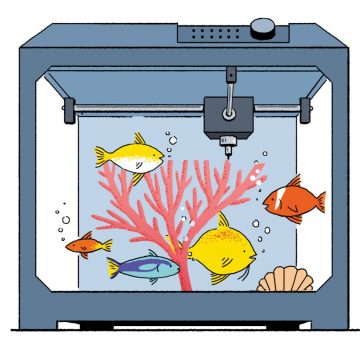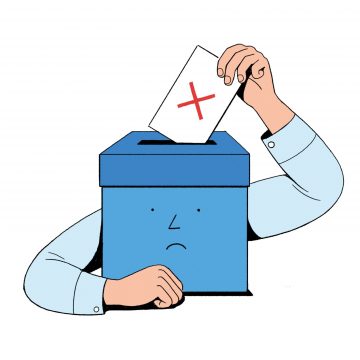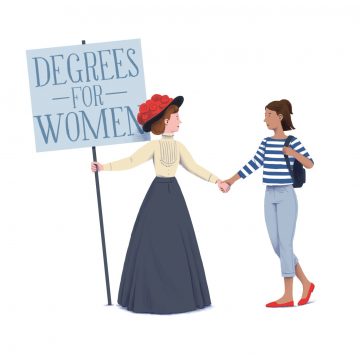Campendium: Lent Term 2021
In numbers
373,616* The number of SARS-CoV-2 viruses sequenced in the UK by the Cambridge led Covid-19 Genomics UK Consortium.
*Number as of 24 March 2021
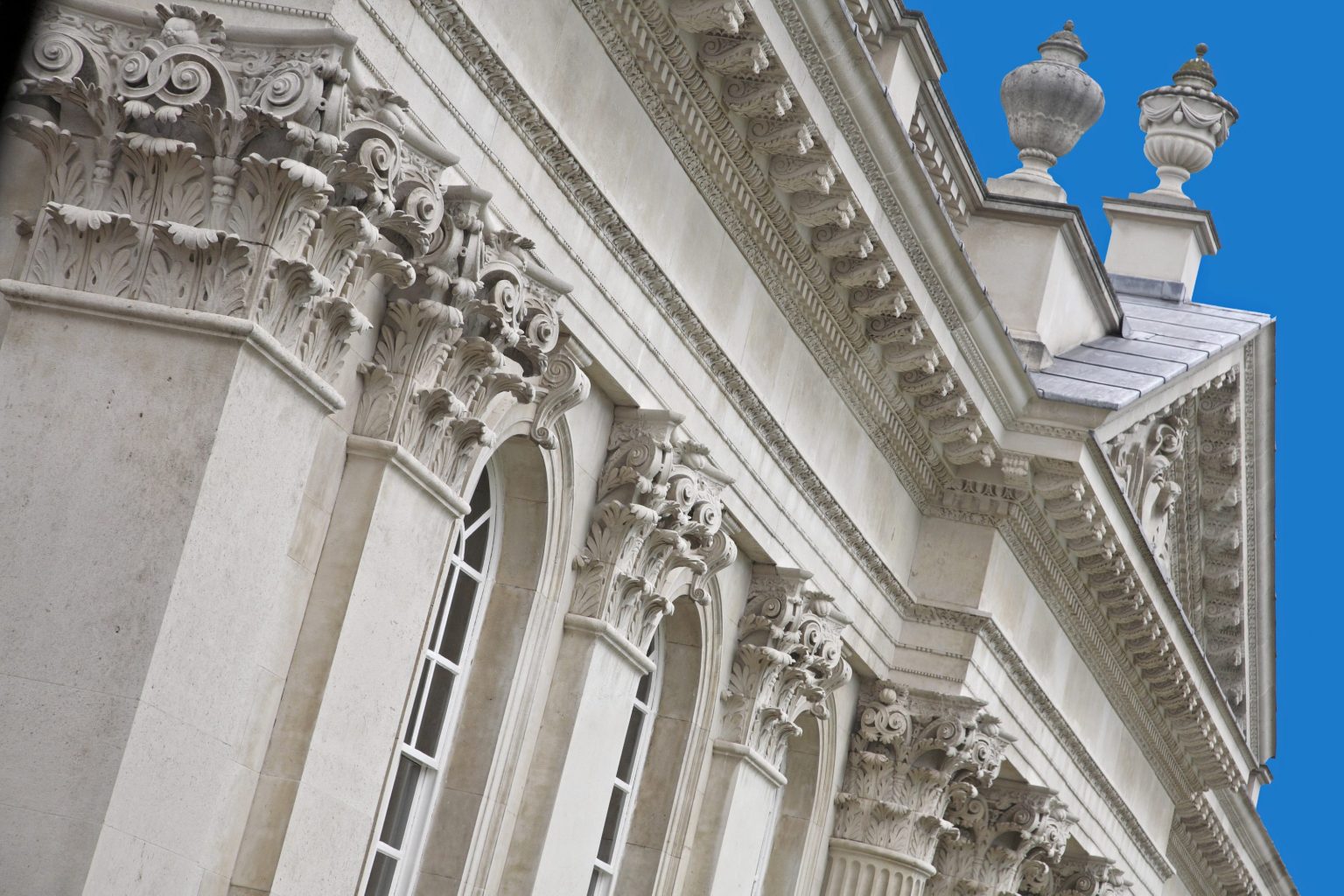
Freedom of speech
University adopts a revised statement on freedom of speech
In September, the University adopted a new statement on freedom of speech. The statement, which was subjected to extensive academic debate and discussion, received a clear vote in favour from members of Regent House and is now part of University policy.
The statement confirms the University’s duty to foster an environment in which ideas and opinions can be expressed without fear of intolerance or discrimination, while ensuring that in exercising the right to freedom of expression, staff, students and visitors remain tolerant of the differing opinions of others. It also formally states that invited speakers must not be prevented from doing so, and adopts the ‘Chicago Statement’ on hosting events, which many universities, including Columbia and Princeton, have also put in place.
Vice-Chancellor Professor Stephen J Toope said: “Freedom of speech is a right that sits at the heart of the University. This statement is a robust defence of that right. The University will always be a place where anyone can express new ideas and controversial or unpopular opinions, and where those views can be challenged. The statement also makes it clear that it is unacceptable to censor, or disinvite, speakers whose views are lawful but may be seen as controversial.
Dasgupta Review
A new report on the economics of biodiversity could help set the agenda for the UK Government’s 25-year environment plan. Produced by Professor Sir Partha Dasgupta, the report describes nature as “our most precious asset” and says it must not be ignored by economic decision-makers.
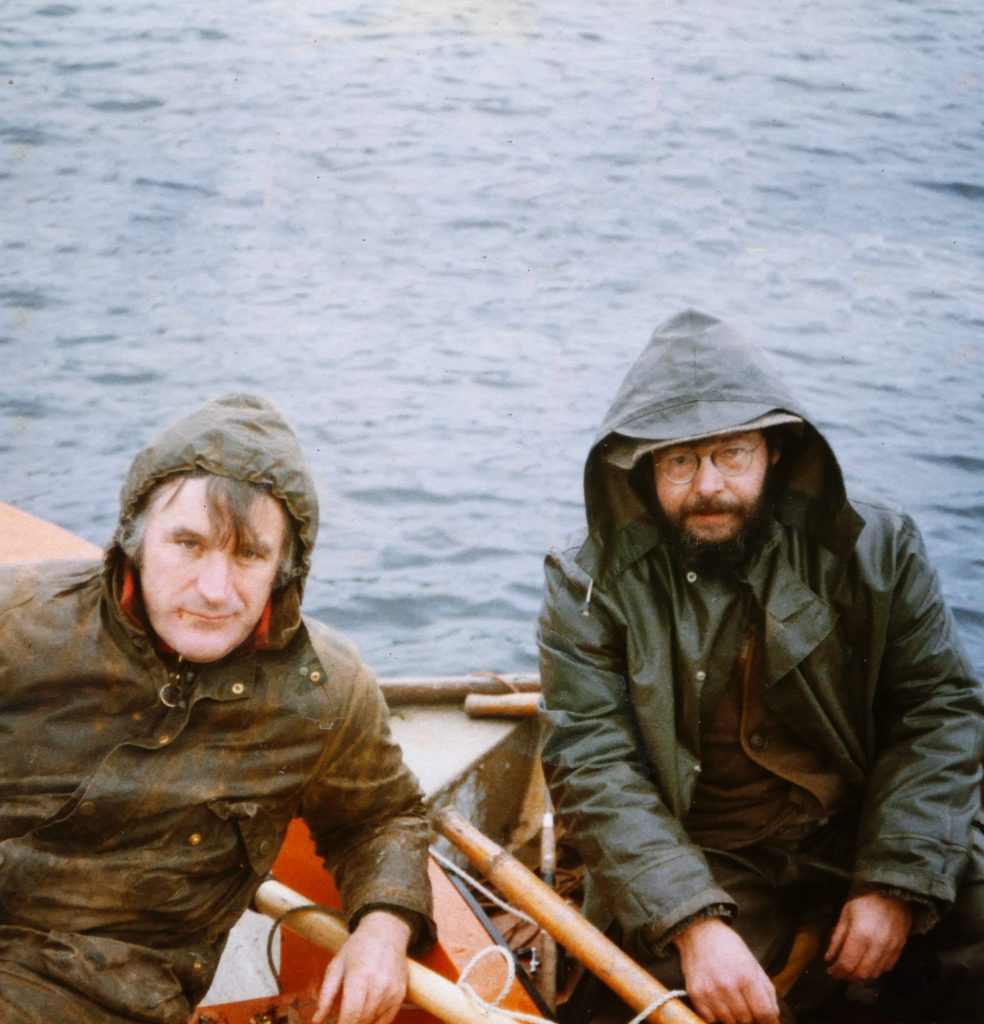
Deconstructed
Fish and trips: unseen writing explores friendship of Heaney and Hughes
Pembroke College has acquired the Barrie Cooke archive: a treasure trove of previously unseen poems, letters and papers written by Ted Hughes, Seamus Heaney and other writers.
Barrie Cooke, a leading expressionist artist, collaborated with Hughes on many projects, including suggesting and illustrating Hughes’ poem The Great Irish Pike (1982).
He was part of a largely unknown friendship circle from which Hughes and Heaney drew career-defining inspiration and a shared passion for Ireland, water and fishing.
Highlights include 25 letters from Hughes written over 30 years, and an unpublished poem, The Island, in which Heaney wrote about Cooke’s house on the River Nore in County Kilkenny.
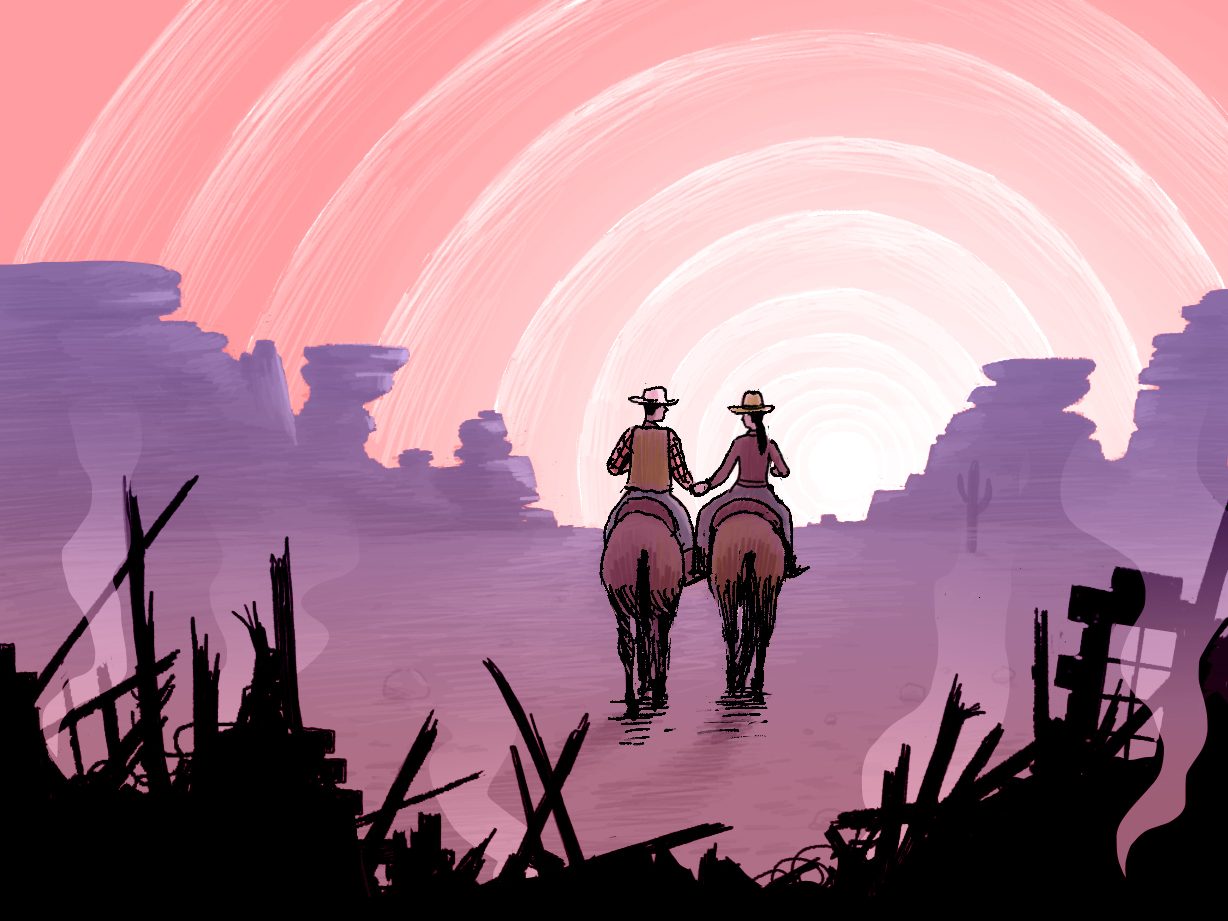
Three-minute Tripos
The happy ending effect results in poor future decision-making. Discuss.
I love a happy ending! Everyone loves a happy ending. Don’t they?
Hmmm. Just be careful you don’t end up a victim of the Happy Ending Effect.
I decry your Happy Ending Effect, you nasty gloomster. Stop talking me down.
This isn’t me being pessimistic. Research has shown that when we make decisions based on past experiences, two different parts of our brain compete with each other.
The nice, sunny bit and the horrible, miserable bit?
No. The amygdala, which works out the object value of an experience, and the anterior insula, which marks down that valuation over time.
Oh. So it’s a little bit more complicated than happy vs sad then?
Well, yes and no. The science is actually pretty simple. If you’re deciding where to go for dinner, you think about where you’ve had a good meal in the past. But your memory of that meal isn’t always reliable, because your brain values the final few moments of the experience more highly than the rest of it. We tend to make decisions based on previous experiences that ended well, irrespective of how good the experiences were overall.
I shall remember this next time I order takeaway.
Well, if you’re really into happy endings, lead researcher Dr Martin Vestergaard points out that our attraction to the quality of the final moment of an experience is exploited by politicians seeking re-election, who will always try to appear strong and successful towards the end of their time in office. He says: “If you fall for this trick, and disregard historical incompetence and failure, then you might end up re-electing an unfit politician.”
Read more about Dr Martin Vestergaard’s research
Philanthropy
Department of Chemistry named after alumnus
The Department of Chemistry is to be named the Yusuf Hamied Department of Chemistry, following a transformational gift from alumnus Dr Yusuf Hamied.
The gift will endow a fund in perpetuity to attract and support the world’s brightest academic talent in chemistry.
Dr Hamied’s long and distinguished career in industry and philanthropy includes pioneering the supply of HIV/AIDS medicines to developing countries at a low cost, saving countless lives. He has retained close links with Cambridge over the past 66 years, both as a supporter of his College – Christ’s – and the Department of Chemistry.
“Cambridge gave me the foundation of an education in chemistry, taught me how to live and showed me how to contribute to society,” said Dr Hamied. “As a scholarship student myself, I am delighted to be able to support future generations of students. I will always be indebted to this great institution and everything it stands for.”
Dr James Keeler, Head of Department, said: “We are extremely thankful to Dr Hamied for his visionary support for Chemistry at Cambridge which will allow us to respond flexibly to future opportunities. His gift will ensure we continue to attract outstanding scientists who will make the discoveries that help tackle some of the most pressing challenges in global society.
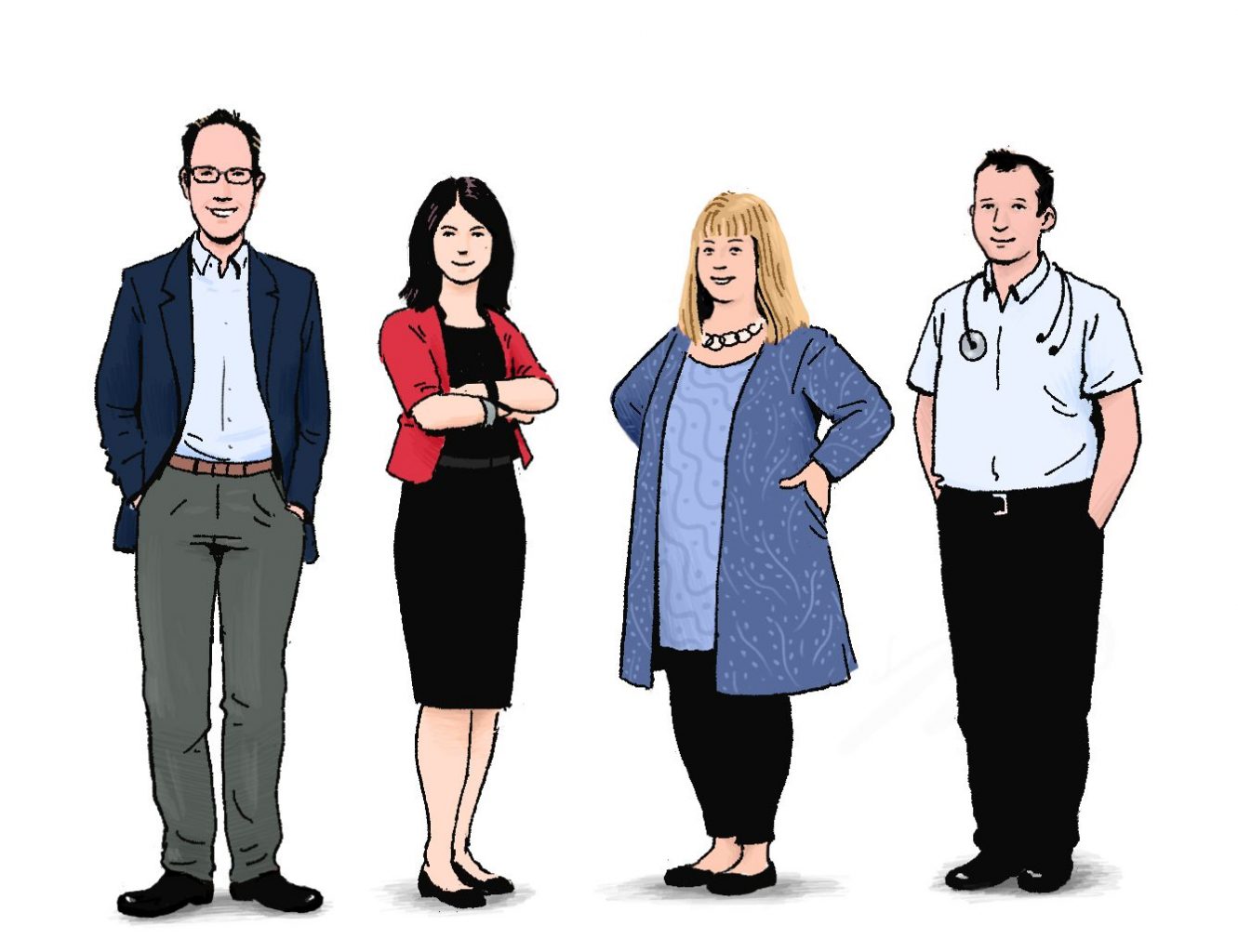
In brief
New Year Honours
Four researchers have been recognised in the 2021 New Year Honours: Professor Simon Baron Cohen, Director of Cambridge’s Autism Research Centre (knighthood); Professor Usha Goswami, Director for the Centre for Neuroscience in Education (CBE); Professor Val Gibson, Professor of High Energy Physics at the Cavendish Laboratory (OBE); and Dr Michael Weekes from the Cambridge Institute for Therapeutic Immunology and Infectious Disease (British Empire Medal).
Byrne elected as President
Dorothy Byrne, currently Editor at Large at Channel 4, has been elected as the next President of Murray Edwards College. She will succeed Dame Barbara Stocking and will take up the role in September 2021.
New Master for Clare
Loretta Minghella OBE (Clare 1981) will return to her undergraduate college as Master in October 2021, following the retirement of Tony Grabiner.
A lawyer by training, Minghella was Chief Executive of Christian Aid from 2000 to 2017. She is currently First Church Estates Commissioner, chairing the assets committee responsible for managing an £8bn investment portfolio.

